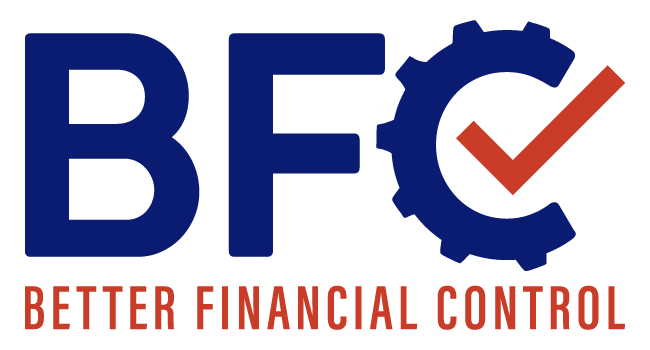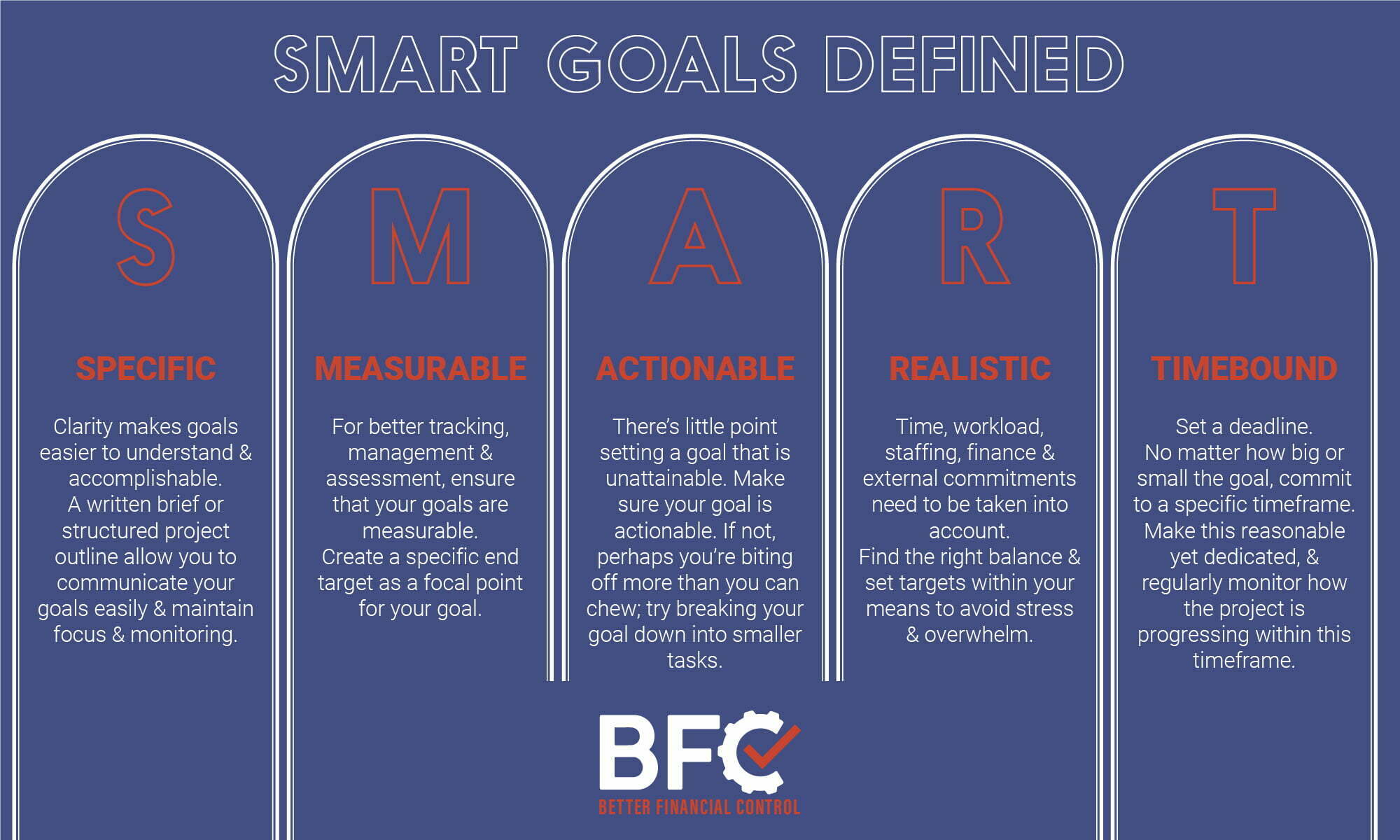It’s difficult to lead effectively in today’s complex and rapidly changing business environment. Leaders are asked to do more and more with less. By setting financial goals, you can avoid feeling overwhelmed and out of control.
Setting company, team and financial goals can be a game changer by providing some basic measurement sticks and feedback that make the whole process of running a business and managing people more interesting and enjoyable. Setting financial goals as part of the process often adds a level of objectivity due to the nature of how binary the feedback is.
There is overwhelming evidence that the discipline and strategy of financial goals setting works. No reason to bore you with all of the research studies validating this. Let’s talk more practically and in more actionable terms.
If you have ever wagered a bet on a sporting event for money or simply to make a point to a friend that you know more than they do, you have likely seen how your level of interest and energy goes up about the game. The simple reason is that you now have something at stake AND there is clear feedback on the result of the match.
This is the same for your business. By setting clear or ‘SMART’ (Specific, Measurable, Achievable, Realistic, and Timely) financial goals you place a type of wager on the fact that an outcome can be achieved. If these goals, or wagers, are monitored like you would a sporting event, they will stay visible and you will get feedback on your progress to success or failure for achieving the desired results.
This visibility on what is important to achieve and receiving consistent feedback for how the progress is going is why it is better to have financial goals than not. Plus, like a little wager with a friend, it is more enjoyably challenging to see whether you can achieve the result or not.
However, these goals don’t have to be enormous, and even when the ultimate objective is long-term, smaller tasks are an infinitely more manageable means to tackling your ultimate goal.
Another benefit to defining your financial goals is that they are significantly more communicable. By creating a defined goal structure, you can convey the project to others clearly, illustrating the timeline, tasks and process of achieving your goal.
With no clear goal, allocating tasks becomes vague and, more importantly, untrackable, so you will never have a true picture of how your project is progressing.
Clear, well-executed projects created using the SMART goal system are more manageable on every level, giving your staff precise targets while reducing pressure and avoiding distraction by presenting a singular objective.
Time and focus are the most valuable commodities any business has. Using financial goals to maximise a company’s ability to focus on the most important outcomes is a big step toward ensuring the company will thrive over time rather than go out of business like the majority do.


